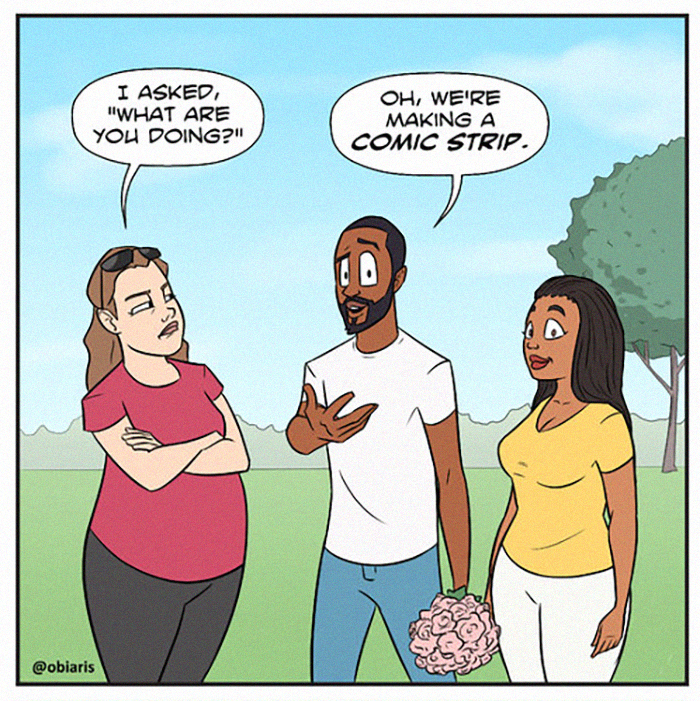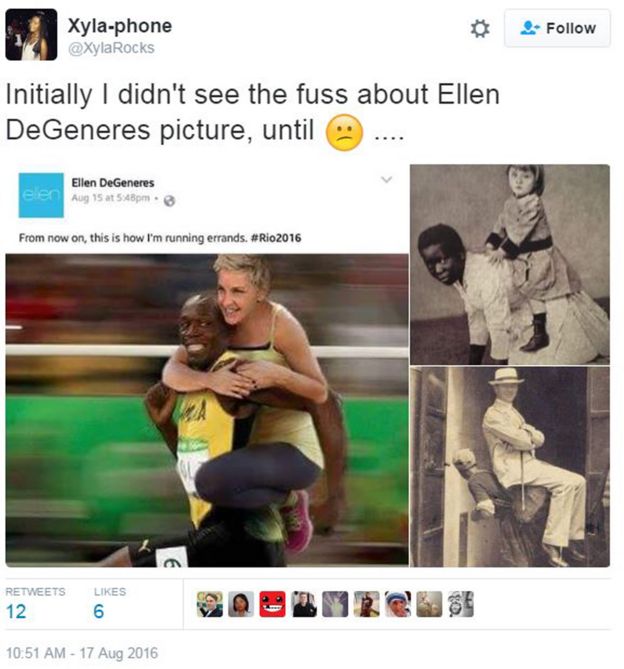Can humor ever truly be divorced from harm? The uncomfortable truth is that laughter, even at the most seemingly innocuous jest, can perpetuate harmful stereotypes and normalize prejudice. The digital landscape, with its rapid-fire sharing and echo chambers of reinforcement, amplifies this potential for damage, making the line between harmless fun and harmful rhetoric increasingly blurry.
The internet has become a breeding ground for offensive jokes, particularly those targeting race, ethnicity, and other marginalized groups. Platforms like Reddit, Instagram, and Twitter often become stages for these expressions, disguised as "dark humor" or simply "jokes." While some argue that intent is paramount and that these jokes should be taken lightly, the impact often transcends individual interpretation. Repeated exposure to these harmful narratives, however "ironically" intended, can subtly shift societal norms and reinforce existing prejudices. Consider the examples provided: jokes about a car full of Black people driving off a cliff, or quips about stolen "lips" and "freedom." These "jokes" aren't simply words on a screen; they tap into deeply rooted historical injustices and perpetuate dehumanizing stereotypes.
| Name: | Thomas Ford |
| Profession: | Psychologist |
| Affiliation: | Western Carolina University |
| Area of Study: | Effects of sexist and racist humor |
| Research Focus: | How humor influences prejudice and social norms |
| Reference: | Western Carolina University |
Dr. Ford's research on the impact of sexist and racist humor provides valuable insight into this complex issue. His studies have explored how exposure to such humor can either increase or decrease prejudiced expressions by shaping social norms around what's considered acceptable. This underscores the power of context and delivery in shaping the interpretation and impact of humor. A joke told within a community that already harbors prejudiced views can strengthen those biases, while a joke that effectively satirizes those views might, in a different context, challenge them.
Read also:Dafne Keen The Rise Of A Young Star
The casual dismissal of offensive jokes with the refrain "If you don't want to be offended, don't read it" ignores the pervasive nature of these narratives and their potential to normalize prejudice. This argument places the onus entirely on the recipient of the joke, absolving the teller of any responsibility for the harm their words may cause. It creates a digital environment where marginalized groups are constantly on the defensive, forced to navigate a minefield of offensive content or risk being labeled "oversensitive."
The debate around racist and offensive humor isn't about policing every utterance or stifling free speech. Its about acknowledging the power of language and its potential to shape our perceptions of others. Even seemingly innocuous jokes, repeated and amplified through online platforms, can contribute to a climate of intolerance. It's a crucial conversation about the responsibility that comes with humor, especially in a digitally connected world.
The very examples provided jokes about Black people, Jewish people, Mexicans, the Chinese, and even white people highlight the wide range of targets for these kinds of jokes. The justification that "humor is subjective" often serves as a shield, allowing individuals to deflect criticism and avoid engaging with the underlying prejudice fueling their laughter. But subjectivity doesn't negate the potential for harm. A punchline might land differently depending on the listener, but the underlying stereotypes being reinforced remain consistent and contribute to a broader culture of prejudice.
Even the seemingly self-aware preface, "I'm not racist, but," often precedes comments that are, in fact, racially charged. This disclaimer doesn't magically erase the underlying bias; it simply highlights the speaker's awareness of the transgression while simultaneously attempting to sidestep accountability. Its a linguistic sleight of hand that seeks to normalize prejudice under the guise of humor.
The rise of figures like Dave Chappelle, whose comedy often delves into sensitive racial territory, further complicates the discussion. While Chappelles work is often lauded for its insightful social commentary, it also sparks heated debates about the boundaries of humor and the potential for even well-intentioned comedy to perpetuate harmful stereotypes. His comeback, and the conversations it ignited, underscore the urgency and complexity of grappling with these issues in the 21st century.
Ultimately, the responsibility for creating a more inclusive and equitable digital landscape lies with all of us. It requires critical engagement with the content we consume and share, a willingness to challenge harmful narratives, and a commitment to fostering empathy and understanding. The question isn't whether we can find a joke funny while simultaneously acknowledging its potential for harm. The question is whether were willing to prioritize respect and empathy over the fleeting satisfaction of a laugh at someone elses expense.
Read also:Sami Sheen Charlie Sheen Denise Richards Daughter


